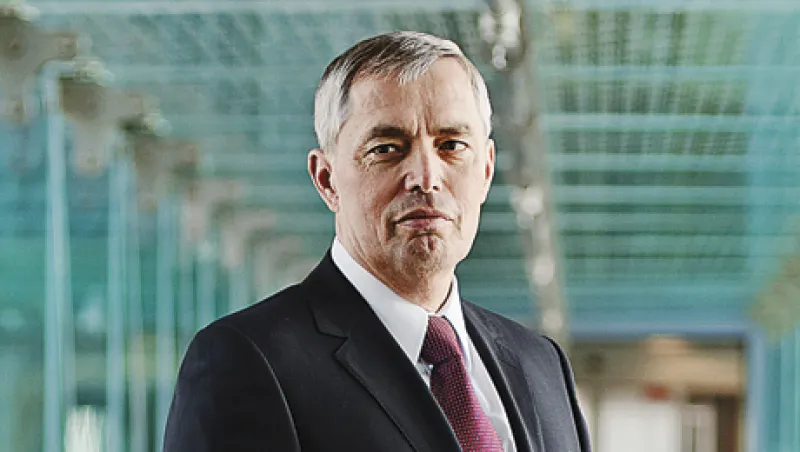
Larry Zimpleman Orchestrates Principal Financial's Grand Plan
Under CEO Larry Zimpleman, Des Moines–based Principal Financial Group aims to make money off every stage of an adult individual's life cycle and export its retirement business around the world.
Julie Segal
April 12, 2012



